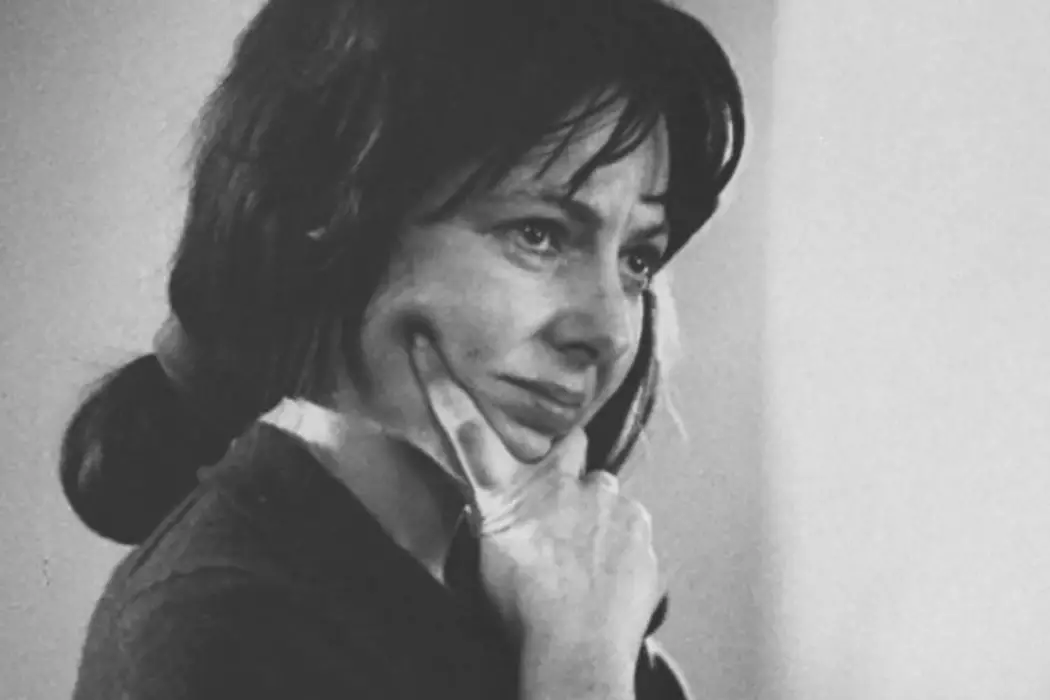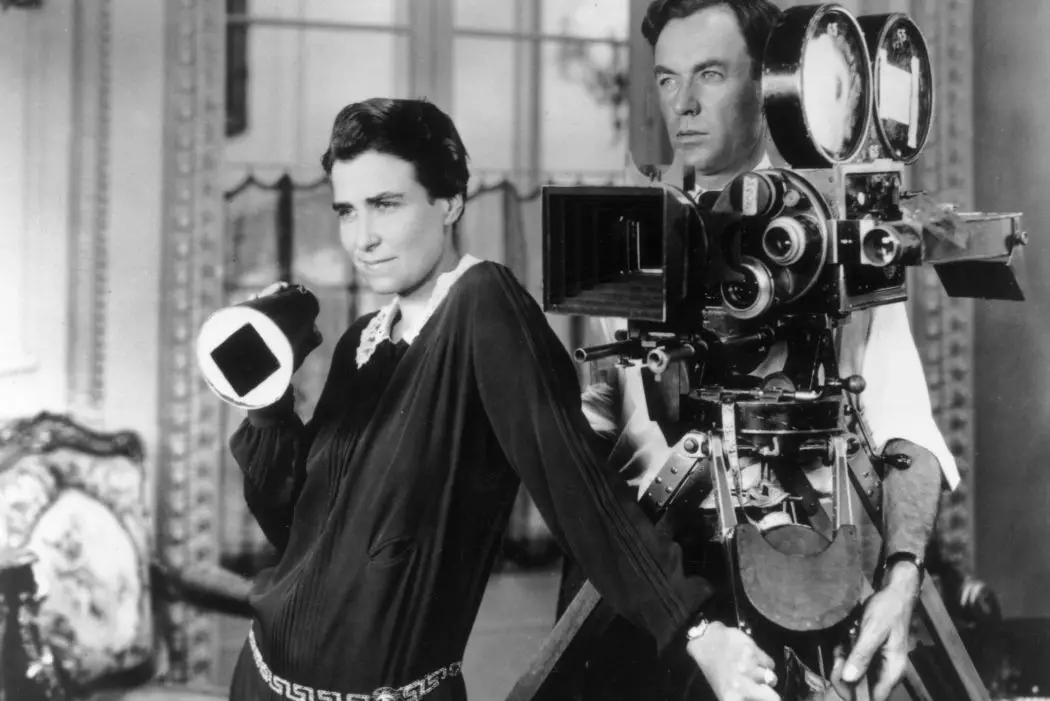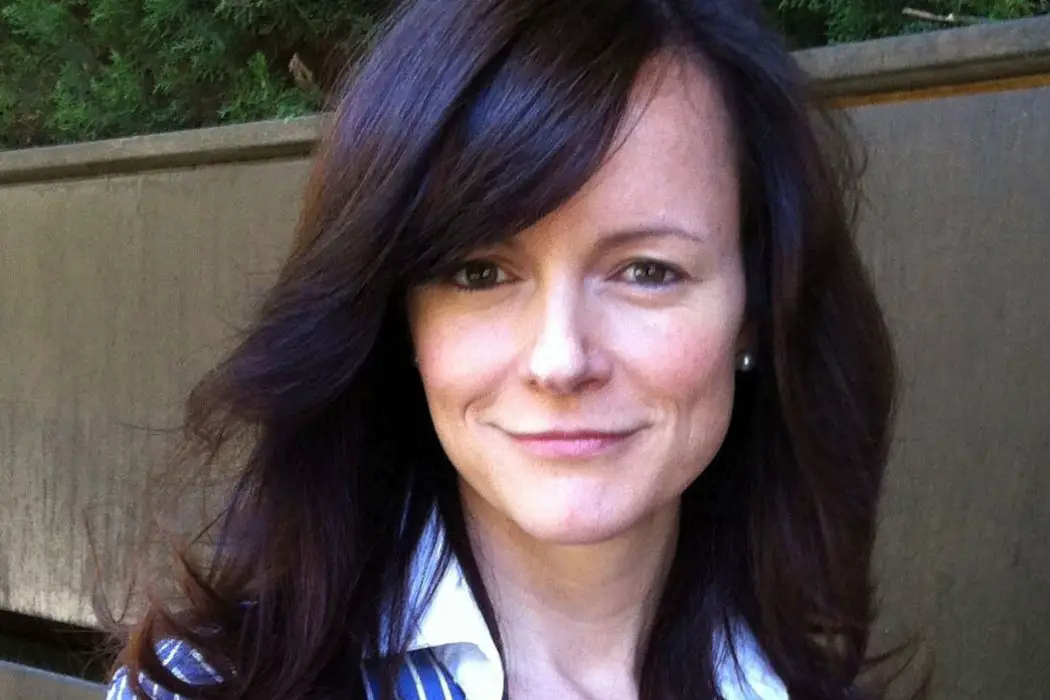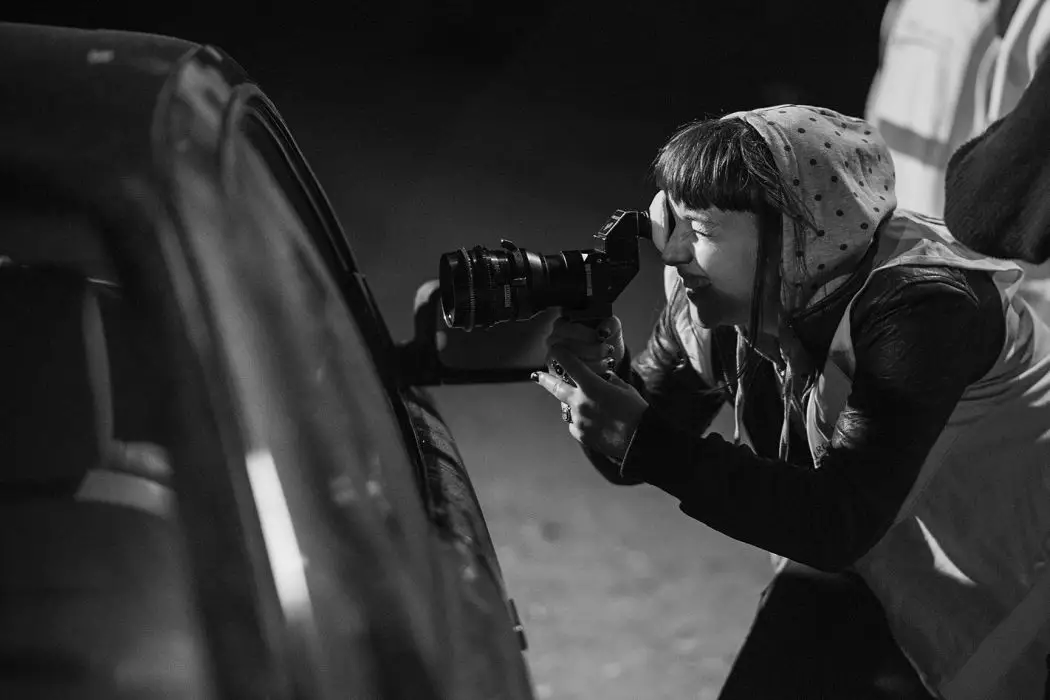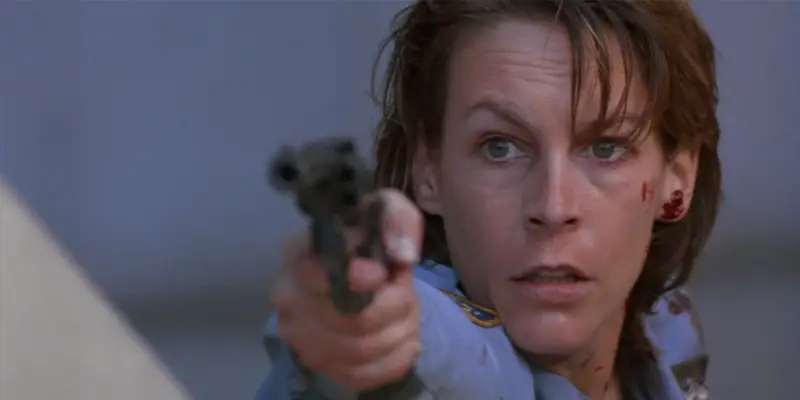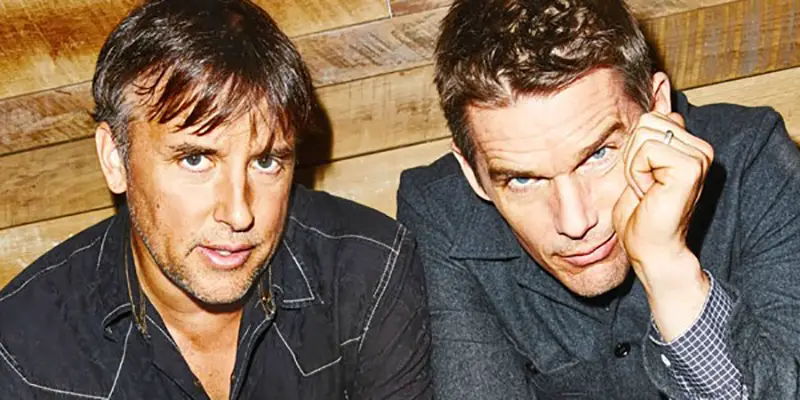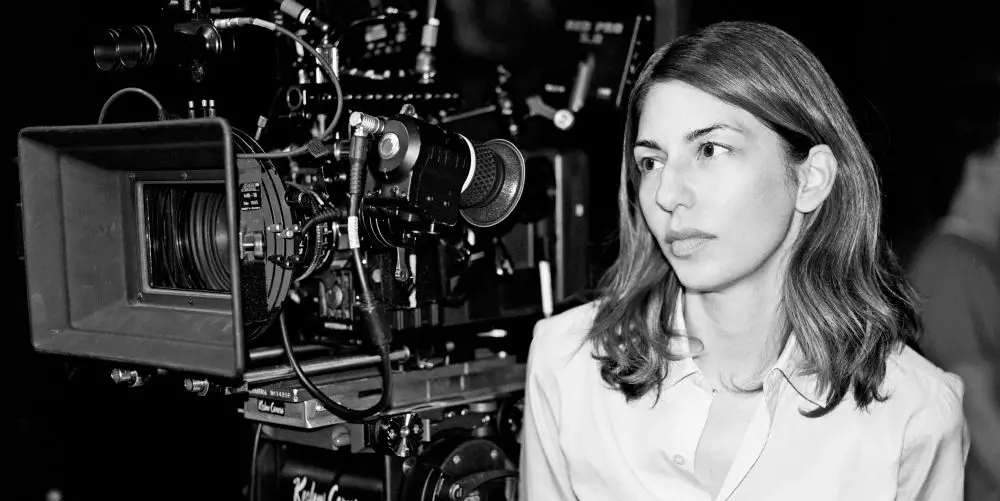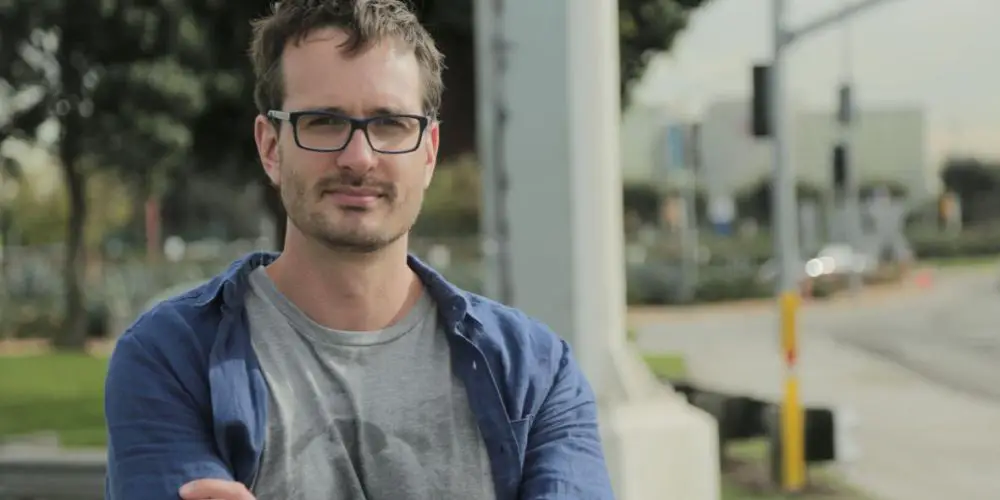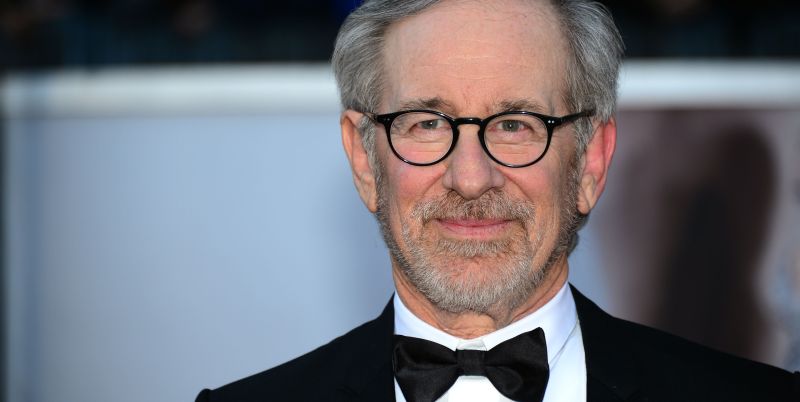director
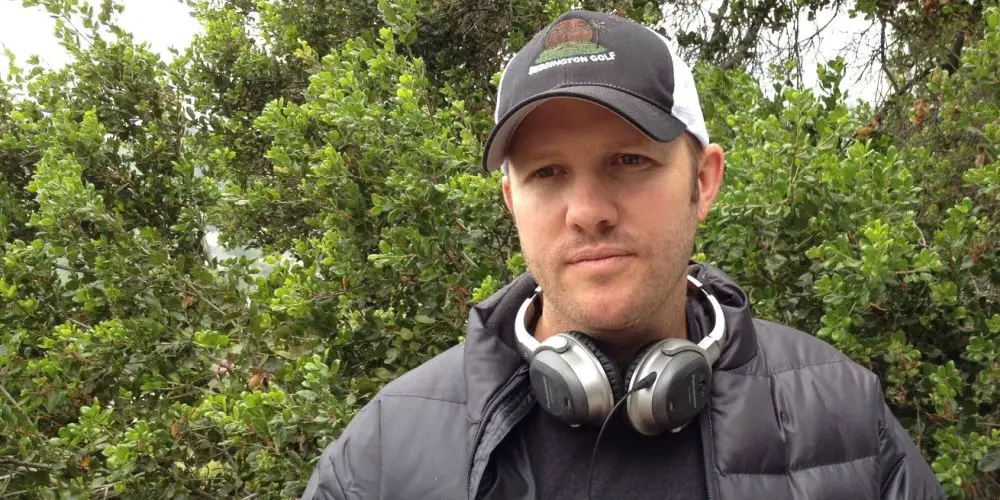
Director Lee Kirk is just about to release his sophomore effort, Ordinary World. The film is about an former rockstar, played by Green Day’s Billie Joe Armstrong, reflecting on the “path not taken”- of committing to his rock-god dreams, instead of settling down in the suburbs and raising a family. Alistair Ryder spoke to the filmmaker about the autobiographical nature of the film and how his love of music helped bring the screenplay to life.
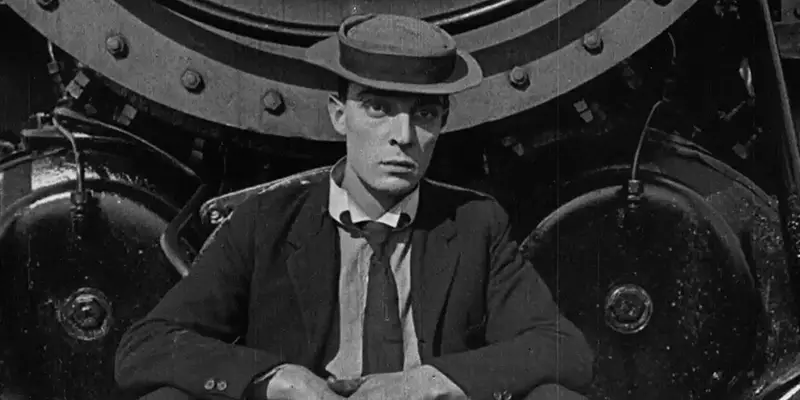
When I was younger and just starting to get into classic film, I found a copy of The General at a local DVD store. Watching it later, I still remember the exact moment when I was captivated by Buster Keaton’s unique charm and screen presence. In the film’s first extended action sequence, Keaton is chasing after a troupe of Union soldiers who had infiltrated and stolen his train, and in a series of fast-paced, whirring motions, he narrowly escapes one mishap after another.
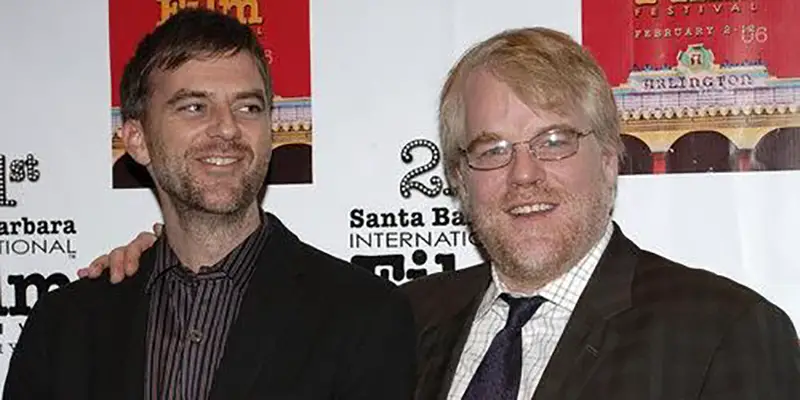
Though film is an inherently collaborative medium, requiring careful cooperation of dozens of individuals, there are two roles that get singled out as being most responsible for the final product. Representing the technical marvels behind the camera and the beauty in front of it, directors and actors are Hollywood’s lifeblood, providing a face for the art that took the efforts of countless unseen. Sometimes, a director/actor tandem proves so gripping or successful, that a personal and professional bond is forged, and the two continue to work together; sometimes it’s a brief burst, while other times it’s a career-long relationship, but often the familiarity working teams have with one another results in a film of elevated artistic achievement.

You may be surprised to learn that David Fincher’s career almost never got off the starting grid. 1992’s Alien 3, a poisoned chalice if ever there was one, turned out to be a torrid experience for the former music video director (he had helmed videos for luminaries such as Jermaine Stewart & Madonna, most famously ‘Vogue’), to the point he genuinely considered giving up filmmaking. What a loss to cinema that would have been.
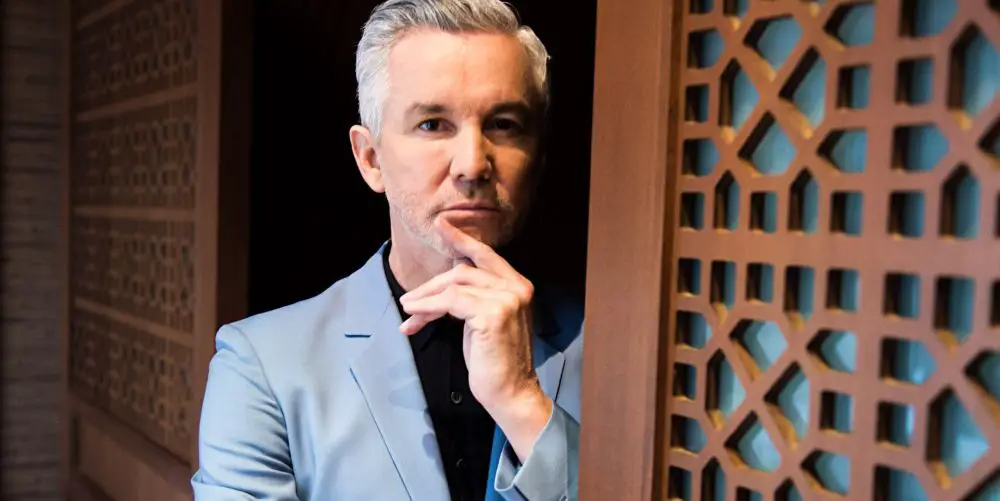
Baz Luhrmann, born Mark Anthony Luhrmann, grew up in the tiny village of Heron’s Creek in New South Wales, Australia, a township which boasted a population of just 312 in 2011. Since then, he has revolutionised the Australian cinema scene and is best known for The Red Curtain Trilogy, comprising of romantic comedy and underdog tale Strictly Ballroom, a modernisation of Shakespearean classic Romeo + Juliet, and Moulin Rouge!, the extravagant and no holds barred musical set in late 19th century Paris.


